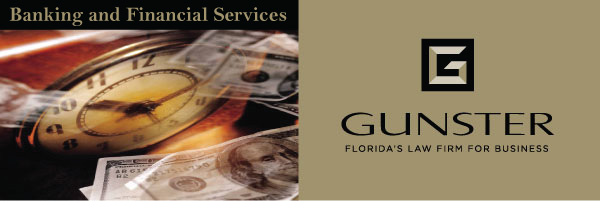
Since 2011, Section 5000C of the U.S. Internal Revenue Code has imposed an IRS-administered withholding tax on billions of dollars of products and services sold annually by foreign vendors to U.S. federal government agencies.
One of the many issues raised by Section 5000C is the possibility that foreign and U.S. banks in the chain of payment may be liable for U.S. tax as withholding agents. For example, under the federal government’s SmartPay2 credit card program, the federal government reimburses the Smartpay2 credit card issuing banks, which reimburses vendors’ foreign and U.S. credit card merchant banks, which pays to those vendors, the amount of federal government purchases from those vendors using Smartpay2 cards. There are currently over 350 agencies participating in the SmartPay2 credit card program, spending $30 billion annually, through 100 million transactions on over three million credit cards. Some foreign and U.S. merchant banks may be concerned that future IRS guidance could effectively require them to withhold tax from those vendors’ Smartpay2 credit card sales, unless the merchant bank obtains documentation showing the vendor is a U.S. company, the vendor’s product or service originated in a non-taxable country, or the vendor’s sale meets some other possible exemption from Section 5000C withholding.
While the IRS business plan through June 2012 states that IRS will give priority to Section 5000C, that plan does not promise any formal guidance on withholding issues by any specific date. However, as discussed in the attached article by Alan S. Lederman, a shareholder in the Gunster tax department, it seems possible that the IRS will use the policy decisions made in its final 2011 regulations, concerning since-repealed withholding of federal tax on U.S. vendors and their merchant banks, to guide the IRS in drafting rules concerning withholding of the Section 5000C federal tax on foreign vendors and their merchant banks.
To read a complete copy of the article, please click here.
If you have any questions on the material in this newsletter or article, please contact:
Alan S. Lederman
954.713.6415 • [email protected]
Graham Hill
954.468.1312 • [email protected]
Tax Advice Disclosure: To ensure compliance with requirements imposed by the IRS under Circular 230, we inform you that any U.S. federal tax advice contained in this communication (including any attachments), unless otherwise specifically stated, was not intended or written to be used, and cannot be used, for the purpose of (1) avoiding penalties under the Internal Revenue Code or (2) promoting, marketing or recommending to another party any matters addressed.
|
This publication is for general information only.It is not legal advice, and legal counsel should be contacted before any action is taken which might be influenced by this publication. Established in 1925, Gunster Yoakley is one of Florida’s oldest and largest full-service law firms. Its substantial and diversified practice serves an extensive client base of international, national and local businesses, institutions, local governments and prominent individuals. The firm maintains a strong presence in Florida with offices in Fort Lauderdale, Miami, Palm Beach, Stuart, Vero Beach, West Palm Beach, Jacksonville, Tallahassee, and Tampa. Gunster Yoakley is home to more than 180 attorneys and 329 employees, providing counsel to clients through 18 practice groups including corporate, immigration, employment, technology and emerging companies, tax, banking and financial services, real estate, land use and environmental, business litigation, and private wealth services. |
